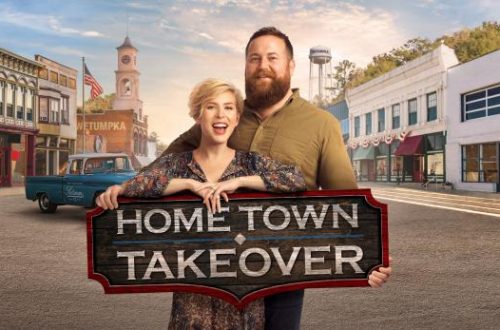This post was in response to this letter penned to me on Medium in response to my article How I Talk to White People About Racism.
So “how do I talk to Christian people about LGBT issues?” Without sounding cavalier or insensitive, I like to think there no LGBT issues. There are only human issues.
But if we have to break the challenges that LGBT people face out into a separate category, I think talking about them with Christian people is pretty much like talking about any other hot topic with anyone else in that you have to gauge what you’re saying according to whom you’re saying it. (The grammar police are going to have a field day with that last sentence.) And Christians as you know are just as human as everyone else, and … humans gotta hume. As everyone knows, catch a human on a good day, and you’ll get the shirt off their back. Catch a human on the wrong day, and you get the back their hand … through no fault of your own. Everyone dealing with their own shit. It just so happens that some humans are better at stepping away from the issues in their own lives and opening their hearts and minds to help others.
What I’m saying is that unfortunately, we all have to gauge our audience and their receptivity to discuss certain topics. The default setting for humans is not deflector shields down when trying to engage them in a topic they aren’t ready to hear.
For whatever reason — which more than likely might not have anything at all to do with you — some people simply may not be in a state of mind or have the capacity to intelligently engage in a conversation about life experiences they know nothing about. But the good news is there’s a select few inside and outside the church who are compassionate and willing to not only listen, but support you.
The truth of the matter is there are people out there who will never try to understand the struggles you face as a trans person, so why waste your time trying to get them to come around. The same holds true of racists. Do you think I’m going to get into an argument with a dyed-in-the-wool racist who has no intention of seeing racism from a more Christian point of view? No. I have countless other productive ways to spend my time. (See Matthew 10 for Christ endorsements of healthy boundaries.)
I’m a firm believer that there’s a right and a wrong way to bring bad behavior to someone’s attention. And I think the Father gives us the best example of how to do it: in love and without condemnation.
Since you’ve been called to be a man of God, and you’re enrolled in an online Bible college — not that I claim to know the mind of God — but my guess is the thing that God wants you to do might be to soak up all the learning you can. If I’m not mistaken, the Lord doesn’t call us to ministry where He will not provide resources and direction. Maybe you’re in that period preparation. And as for life after the program? None of us can see any further than today, the here and now. We can plan all we like, but all we have is today. The trick is to not lose the joys and lessons of today while regretting the past or worrying so much about the future. For now, get your education and live out your witness daily.
Churches are good for community and emotional support, but you have to find one that
- feeds your spirit,
- surrounds you with supportive believers, and
- affirms who you are.
Personally, I hate church shopping. It can be a long and arduous process. I’m NOT trying to steer you away from the Catholic church, but maybe it’s simply not for you. Only you can decipher that one.
Yes, I know all too well what happens when people’s hatred and ignorance get the best of them. The way “I” deal with it is by not trying to prove or convince anyone of anything. I live my life and try to treat others as I’d like to be treated. (I’m sure I succeed at that fewer times than I think, and fail in my attempts more than I can imagine. But I’m working on it.) I want people to know me for the light of Christ they see in me despite my missteps, not because I’m Black, four feet tall, or gay. If they choose to get to engage me on a level deeper than a casual “hello,” I’m open to that.
Just as you don’t know what it is like to be black, I have no idea what it’s like to be trans. But I do know this: we all want to be loved and understood. Christ died for and loves all of us, not all of one demographic or denomination. If you are not being welcomed and affirmed as a brother in Christ by those who claim to be of the household of faith, they’re not correctly practicing the Gospel of Jesus Christ. And as a Christian, you owe to yourself to find a community of believers who accept you. Otherwise, what’s the point?
And as for the Christians who look upon trans people as if they’re a “diseased product of a sinful society,” newsflash: we’re all a product of Adam and Eve’s original sin. We’re all on the same journey, we just have different loads to carry.
Finally, in response to the question, “how do you find your voice?”—
The best advice I can give you comes in four parts —
1. Focus on the here and now. Work on what’s in front of you at present.
2. Wait on the Lord. Just wait, don’t go getting ahead of His plan. You don’t know what to do after waiting? Wait some more.
3. Follow the prescription found in James 1:5 and believe with expectation for direction and a voice that will resonate within you and eventually ring loud and clear for all who meet you to hear.
4. And ground yourself in the truth, so that you’ll recognize a lie when you encounter one, be the source external or internal.
(That’s not intentionally listicle-ish.)
Well, that’s all I got. I hope you’re able to find something you can use in my mad ramblings. Peace be with you.




